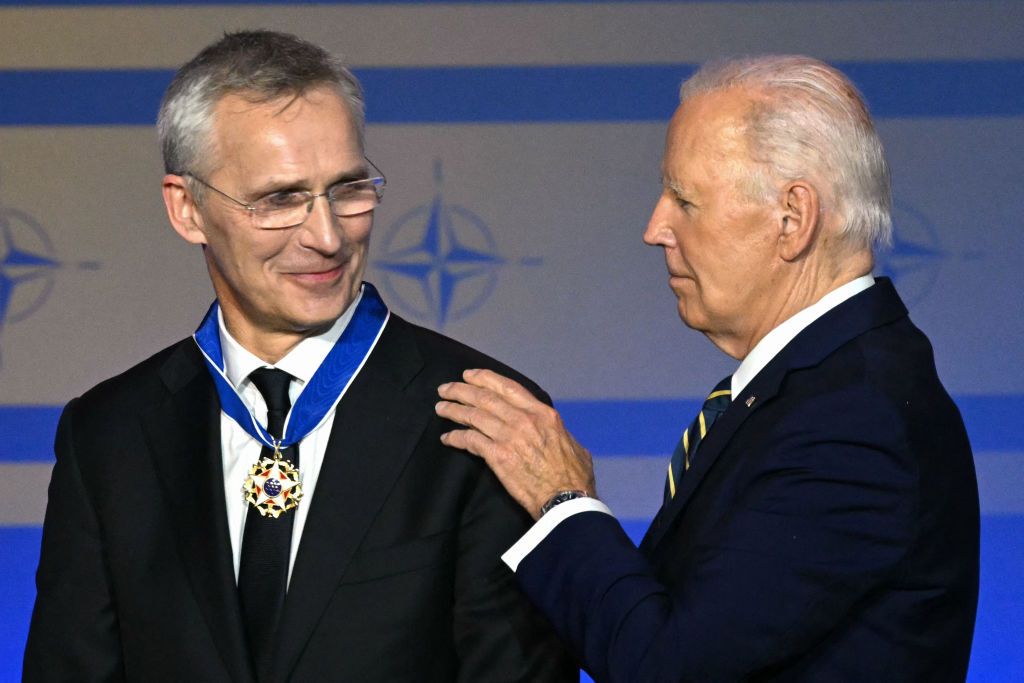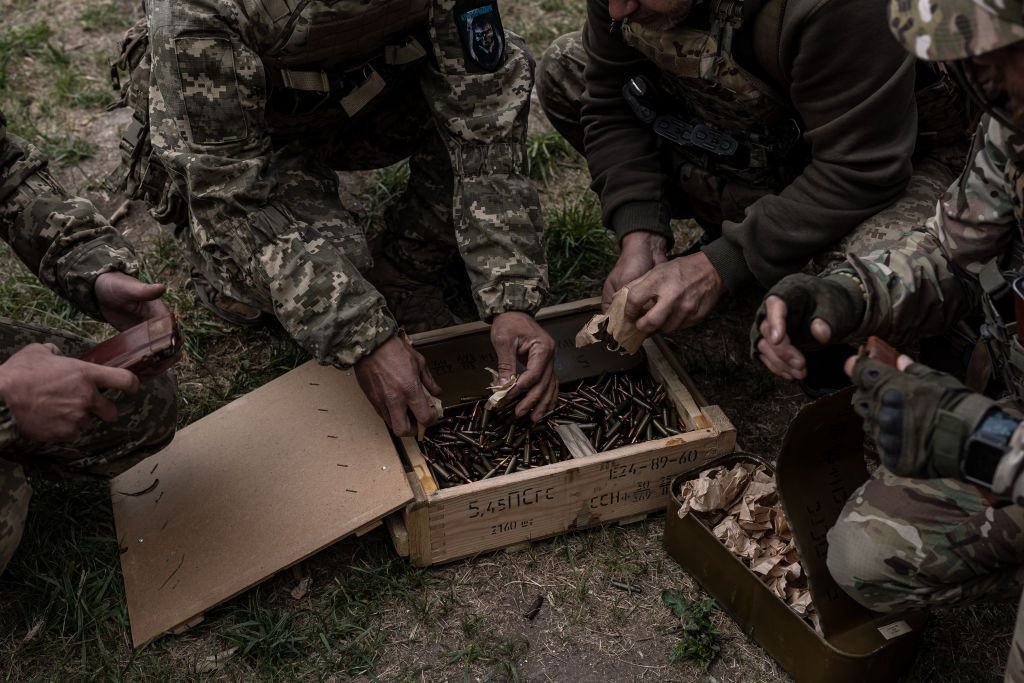Ukraine's victory is the victory of the entire free world over dictators and tyrants. The formula for victory is well known: the strength of the Ukrainian army, the unity of the free world, unwavering long-term military and financial support for Ukraine, and, first and foremost, Ukraine's membership in NATO. One element of victory is the restructuring of Ukraine's debt.
An agreement with holders of international bonds allowing Ukraine to suspend payments expires in August. However, no agreement on debt restructuring has been reached yet. Creditors must find a compromise given Ukraine's dire situation amid the devastation caused by Russia’s war. The Ukrainian government should study the experience of the 2015 debt restructuring effort.
In 2015, due to Russia’s initial invasion of Ukraine and the poor policies of then-Ukrainian President Viktor Yanukovych, Ukraine was on the brink of default. Projected redemptions and debt servicing commitments amounted to an estimated $15 billion over four years. Ukraine’s war-torn economy, with its partially ruined industry, could not raise such funds.

In August 2015, my Government (for which I served as prime minister) reached an agreement with the Creditor Committee to restructure part of the $18 billion international debt (one-fifth of the total debt). This included a total write-off of $3.6 billion and restructuring $14.4 billion in debt payments over four years. All bondholders, except Russia, accepted this offer.
The restructuring was completed in November 2015 with a swap into new bonds and GDP warrants. In December 2015, the Cabinet of Ministers of Ukraine approved a moratorium on paying off $3 billion of Russian debt. This was the first precedent of restructuring Ukraine’s external debt.
It was far from ideal, yet the estimated savings amounted to almost $9 billion, including the write-off of debt principal and interest and the moratorium on redemption to Russia. Forty-one million dollars was paid by GDP warrants. The total savings equaled $8.9 billion. Indirect savings in the form of deferred interest payments of $4.3 billion remained in the budget and supported the Ukrainian economy.
The current situation is much tougher. According to the World Bank, Ukraine’s war-incurred losses amount to $500 billion and grow daily. In 2022, defense funding needs resulted in a budget deficit of 18.6% of GDP in the first year of the full-scale war and 20.6% in the second year. This is five and five and a half times the level of the last pre-war year, respectively. Last year, slightly over 50% of state budget expenditures were funded by domestic revenues, and international financial assistance remains in high demand.
The war's toll on Ukraine’s public finances is extremely detrimental. The national debt has already exceeded 90% of GDP and continues to grow. Almost 70% of all international financial assistance to Ukraine comes as loans, with interest to be paid by the state. The public budget deficit is exacerbated by extensive national security and defense spending, reconstruction of socio-economic infrastructure, medical care services, payments to temporarily displaced persons, and other public commitments.
In these circumstances, Ukraine's economic survival becomes crucial and depends on resolving our national debt issue. The fewer public budget funds Ukraine needs to redeem and service its debt, the more it can invest in domestic weapons production and purchasing modern Western equipment. This enhances Ukraine’s ability to resist armed aggression, making it more likely for Ukraine to prevail and protect the civilized world from Russian military invasion. It reduces the risk of Russian missiles destroying children’s hospitals in Amsterdam or Warsaw and maternity hospitals in Berlin or Prague.
It is necessary to address the optimistic assessment of Ukraine’s external aid needs. According to the current International Monetary Fund-supported program (Q2, 2023 – Q1, 2027), Ukraine’s need for external financial assistance is estimated at $122 billion. However, over two years of the full-scale war, partners have already disbursed $100 billion annually. Therefore, the $122 billion figure over almost four years is misleading compared to Ukraine's real funding needs. At least $400 billion is needed to avoid loss. To prevail, this figure should be increased by half.
Napoleon Bonaparte is attributed with saying, “A war requires three things. First, money. Second, money. Third, money.” The civilized world should financially weaken the aggressor through sanctions and the confiscation of frozen assets and continue assisting Ukraine. We need long-term financial assistance, export facilitation, and energy recovery. Restructuring Ukraine’s external debt is part of the financial toolkit needed to prevail in this war.

In late June, private creditors agreed to write off 37% of Ghana’s international bond value, despite Ghana not being at war. Some believe that since Ukraine receives large amounts of international aid, it can be used to settle with bondholders. However, over two-thirds of financial assistance arrives as loans to be redeemed. Importantly, international assistance funds are intended to support Ukraine, its economy, and its military to withstand the war.
Some suggest rolling over bond repayments mentioned in this article for another two years. I categorically oppose this! There is no more space for interim decisions or further roll-overs. External public debt – bonds and GDP warrants – must be restructured in the form of a write-off. Ukraine should join NATO and the European Union. Ukraine must prevail in this war!
My Cabinet was the only one in Ukraine’s history to reduce state debt. As a Ukrainian bondholder of $500,000, I call on all private bondholders to accept the Government's proposal to restructure Ukraine's international debt. As a last resort, the compromise limit is a 50% debt write-off. I am ready to assume losses in a heartbeat. Writing off Ukrainian debt means assisting Ukraine in achieving victory, which is also a victory for democracy and a just world order. Democracy and a just world order are the pillars of global economic sustainability, ensuring investment safety and security and investor profits worldwide.
Editor’s Note: The opinions expressed in the op-ed section are those of the authors and do not purport to reflect the views of the Kyiv Independent.













